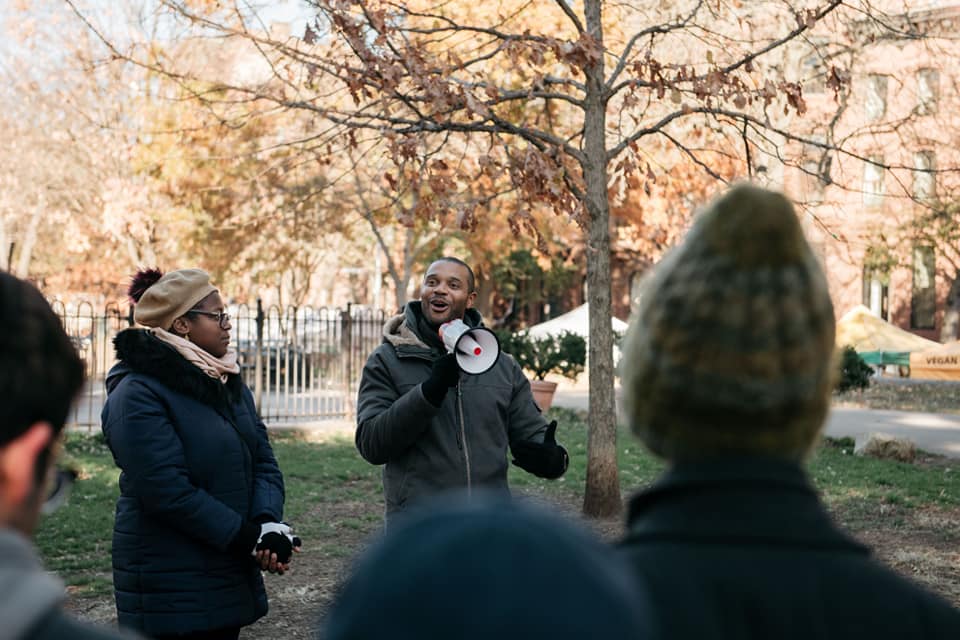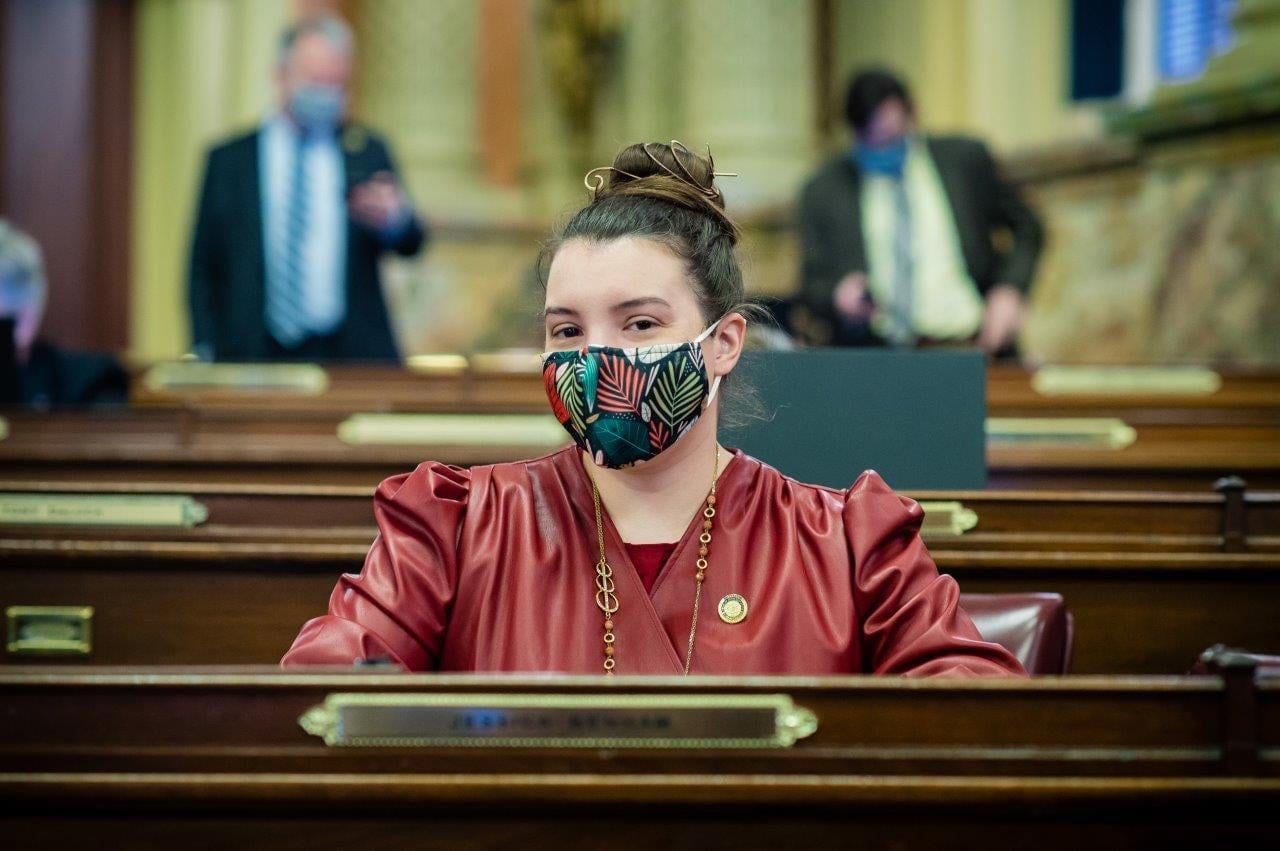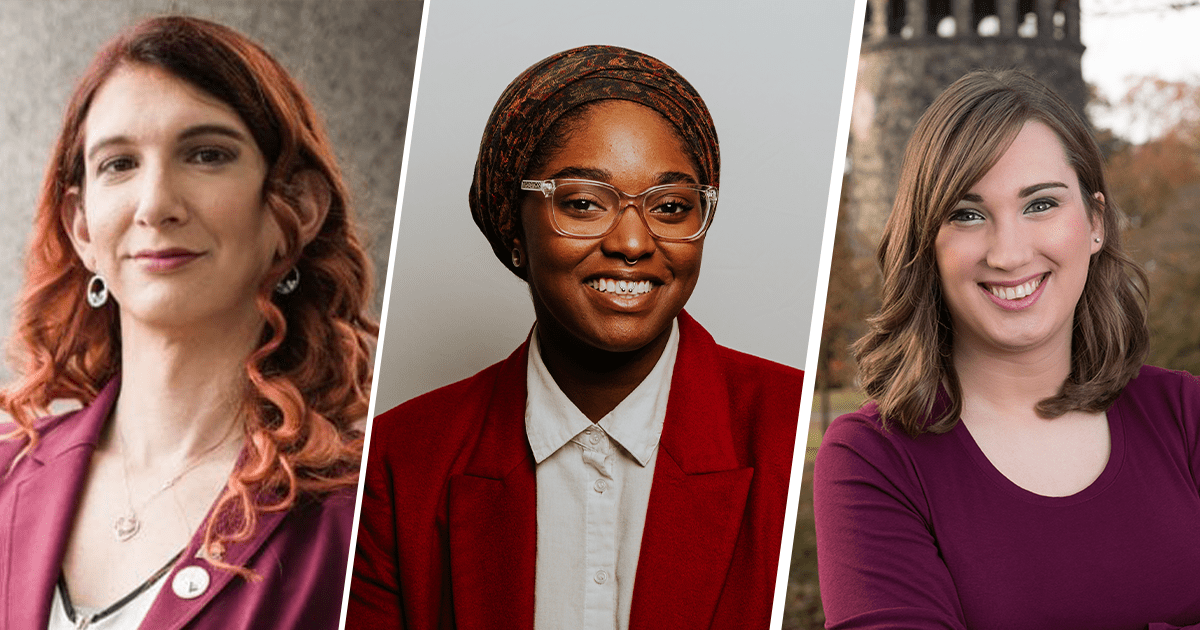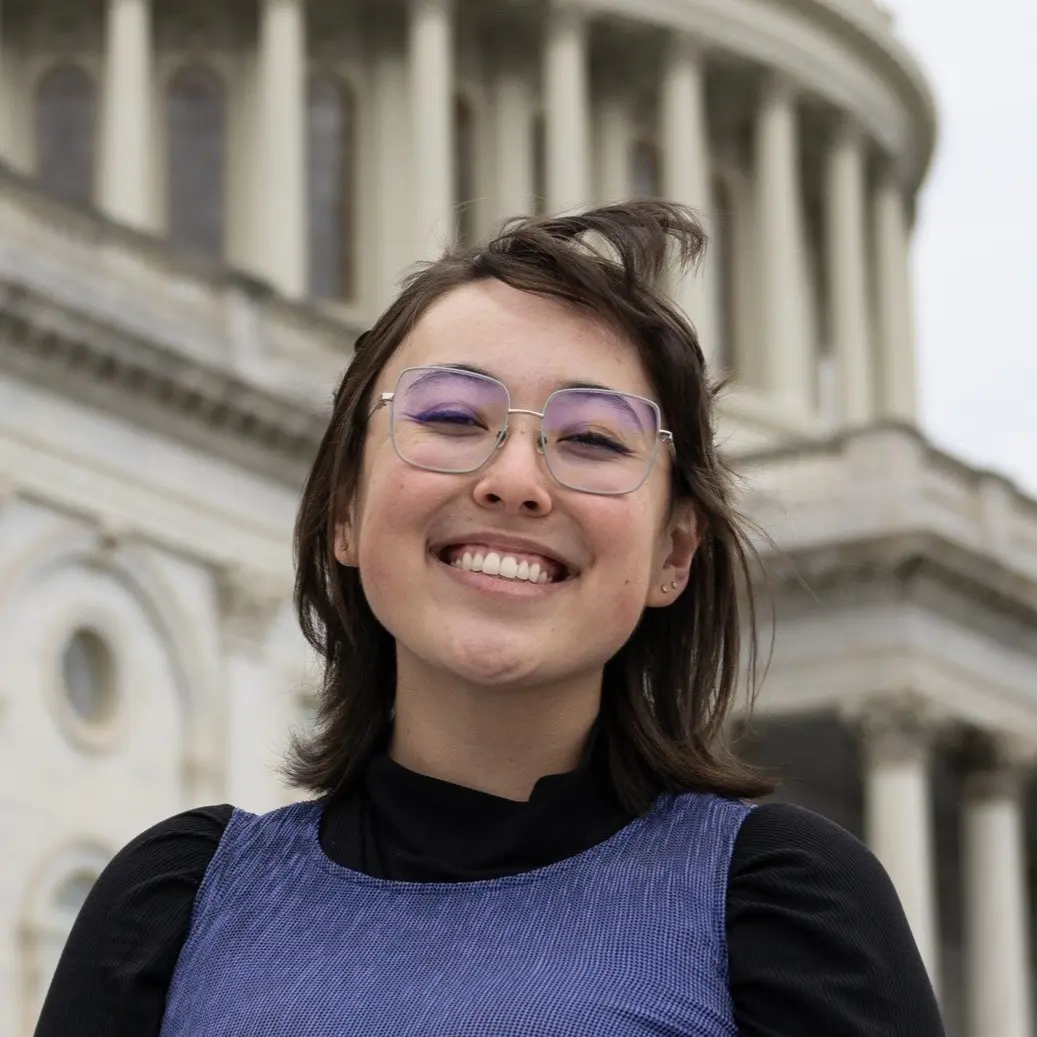
Many LGBTQ elected officials are calling for the legalization of marijuana — and 4/20 is about as good a time as any to hear why. Many believe its legalization is a social justice issue, with Black, Brown, and Indigenous folks criminalized at higher rates than white Americans for cannabis possession. For example, 94% of those arrested for marijuana possession in 2020 in New York City were people of color. The American Civil Liberties Union found that nationwide, even though legalized and decriminalized states saw a decrease in arrests overall, it did not affect the racial disparities. Black people are still more likely to be arrested for possession than white people in states that have legalized or decriminalized marijuana.
As of now, 17 states plus Washington D.C. have legalized recreational marijuana use for adults over the age of 21. Thirty-six states have legalized medical marijuana usage, and in 13 states marijuana use is illegal for recreational use and medical use.
Many of our out elected officials have spoken out for the legalization of marijuana, particularly those who are Black, Brown, and Indigenous. Some of the officials are focused on changes in the penal code to reduce the criminalization and over-policing of these communities, some advocate for the legalization of marijuana to support disenfranchised communities economically through taxes, while others focus on job creation. You can hear some of their views below.
New York state Senator Jabari Brisport
Sen. Jabari Brisport, the first Black out LGBTQ person ever elected to the New York state legislature, supports the legalization of marijuana.
At the age of 19, Jabari and his friend were racially profiled while walking through Greenwich Village because a plain–clothes officer mistook his friend for a wanted drug dealer. When Sen. Brisport asked the officer to show a badge or to read his friend his rights, the officer pulled out his gun, pointed it directly at his face, and told him to back up. “A plainclothes police officer nearly shot me in the face over weed,” Jabarai later said. “How many would-be future state senators have been accidental casualties of the War on Drugs?”
In March of 2021, Sen. Brisport stated in reference to S854A, “Passing this bill is the rational thing to do, but anti-cannabis sentiment has also been consciously used as a tool to criminalize, penalize, and drastically expand the scope of mass incarceration. Passing this bill is also the just thing to do. I’d like to celebrate the expungement of records for people who have possessed or used this substance. I’d like to celebrate the community reinvest fund; it is critical that as we move forward, we undo the harms that have already been caused to communities of color. All simple drug possessions should be decriminalized. The police should be defunded, and the money redirected into drug treatment and rehabilitation so that communities can heal.”
U.S. Representative Ritchie Torres
Rep. Ritchie Torres, the first out LGBTQ Afro-Latinx member of Congress, supports the legalization of marijuana. In an interview with Gary Axelbank, he said: “There’s a tale of two cities when it comes to policing marijuana and that’s something we have to change…. First, there should be greater equity in policing. We should be policing everyone equally regardless of race. But I would submit to you that alcohol is far more dangerous than marijuana, and if we can regulate and tax alcohol through a legal market, then why not do the same for marijuana?”
After watching A Marijuana Arrest, the story of former Manhattan Public School art teacher Alberto Willmore who recounts how his life was upended after NYPD officers aggressively seized and charged him with marijuana possession, Torres said while a NYC council member: “Mr. Willmore’s story perfectly illustrates the double harm to communities – specifically low-income communities of color like the Bronx and Harlem – of over-zealous marijuana arrests… One of my priorities as a new Council Member will be to address these harms, which can include job loss, eviction, school suspension, and even deportation.”
U.S. Representative Sharice Davids
Rep. Sharice Davids, the first out LGBTQ person elected to the U.S. Congress from Kansas and one of the first two Native American women elected to Congress, also supports the legalization of marijuana. In 2020 she cosponsored the MORE Act, which would end the prohibition of cannabis at the federal level, expunge low-level cannabis convictions, and levy a 5% tax on cannabis sales to fund grants for communities that have been disproportionately harmed by cannabis prohibition. She also voted in favor of the SAFE Banking Act of 2019, which allows banks to work with cannabis businesses that are legal at the state level.
U.S. Representative Mark Takano
Rep. Mark Takano of California is the first out LGBTQ person of color elected to Congress and he supports the legalization of marijuana. In 2021, he cosponsored the SAFE Banking Act of 2021 and voted in favor of the MORE Act, both mentioned above. As chairman of the House Committee on Veterans’ Affairs, he has called for research into medical marijuana to treat common issues that face veterans: ““Cannabis must be objectively researched. Period… Medicinal cannabis may have the potential to manage chronic pain better than opioids and treat PTSD, and clinicians need to understand the efficacy of this drug and any negative side effects. In those states that allow medicinal cannabis, VA doctors should be able to provide recommendations to veterans for medicinal cannabis programs.”


